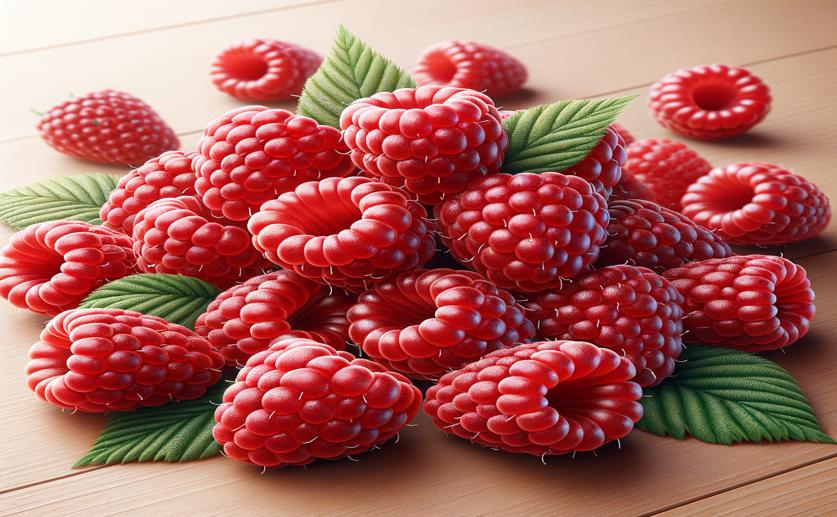
Red Raspberries Protect Gut Health and Reduce Stress in Intestinal Cells
Jim Crocker
11th June, 2024

Image Source: Natural Science News, 2024
Key Findings
- The study from Università degli Studi di Milano found that red raspberry powder can improve the integrity of the intestinal barrier
- Red raspberry significantly counteracted the loss of intestinal barrier integrity caused by TNF-α, improving TEER values by 41% and reducing FITC-D efflux by 2.5 times
- Red raspberry also reduced oxidative stress markers by 48.8% and increased the expression of tight junction protein claudin-1 by 18%, enhancing the intestinal barrier's function
References
Main Study
1) Red raspberry (Rubus idaeus) preserves intestinal barrier integrity and reduces oxidative stress in Caco-2 cells exposed to a proinflammatory stimulus.
Published 10th June, 2024
https://doi.org/10.1039/d4fo01050g
Related Studies
2) Integrity of the Intestinal Barrier: The Involvement of Epithelial Cells and Microbiota-A Mutual Relationship.
3) Claudins and other tight junction proteins.
4) The intestinal barrier: a fundamental role in health and disease.
5) Leaky Gut and the Ingredients That Help Treat It: A Review.



 28th April, 2024 | Jenn Hoskins
28th April, 2024 | Jenn Hoskins